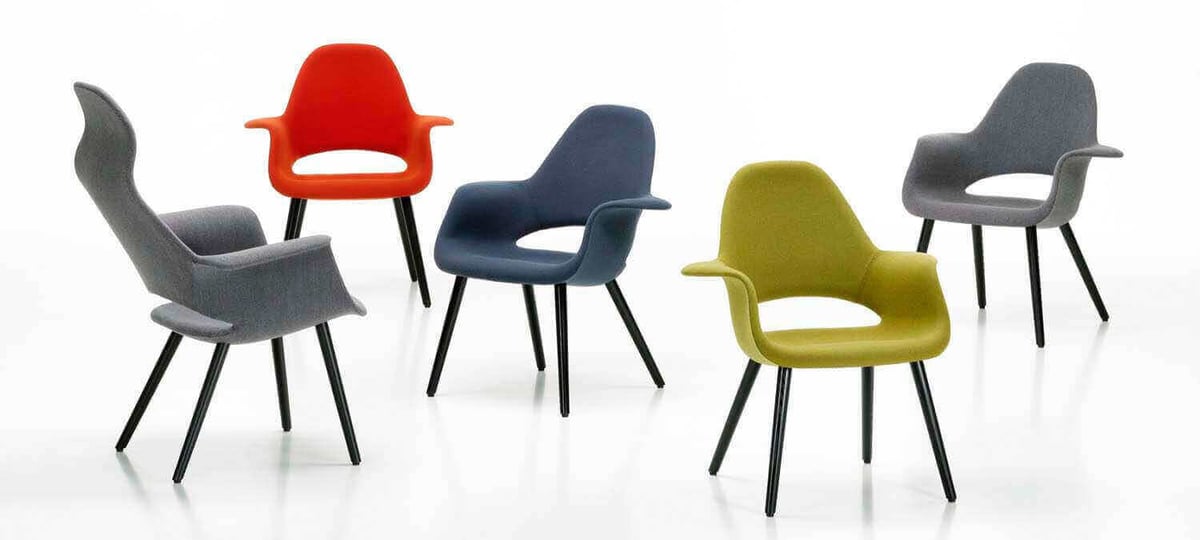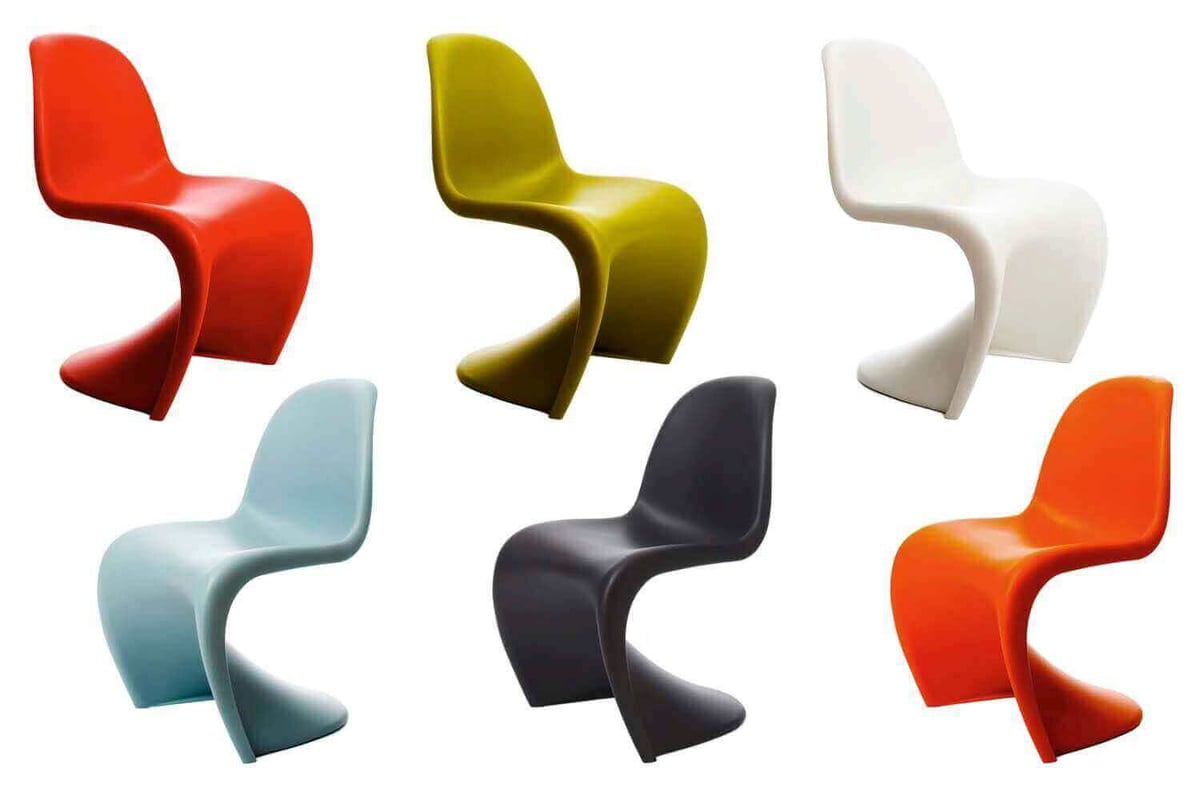New UK copyright extension for industrial designs like chairs and tables goes up to 70 years. Will this have a negative impact on 3D printing?
Don’t Miss:
The UK government has extended copyright for industrially manufactured artistic works from 25 years to the life of the designer plus 70 years. In practice, this could mean a copyright term of over 100 years for furniture and other designed objects.
Some folks aren’t happy about this development, notably Pirate Party founder Rick Falkvinge. He asserts that the application of the UK copyright to industrial design is “a direct assault on the 3D printing revolution.”
The new copyright term came into force on 28 July 2016, and the prices of luxury furniture are like the Eames Lounge chair are expected to climb as a result.
In a blog post for VPN provider Private Internet Access, Falkvinge argues that the copyright extension will have important consequences for makers in the UK and EU. “This change means that people will be prohibited from using 3D printing and other maker technologies to manufacture such objects, and that for a full century.”

Could UK Copyright Extension Harm 3D Printing?
Falkvinge highlights a key difference between the previous UK protection model — which was based on design patents plus a short copyright term — and the situation today, which involves a mingling of patent rights and a much-longer copyright term.
“Furniture is normally protected by something known as a design patent and not by copyright, and this has enormous ramifications for 3D printing: when something is under patent, you’re absolutely and one hundred percent free to make copies of it for your own use with your own tools and materials. When something is under copyright, you are not. Therefore, this move is a direct assault on the 3D printing revolution.”
Falkvinge further adds: “Moving furniture design from a design patent to copyright law means that people can and will indeed be prosecuted for manufacturing their own furniture using their own tools.”
In other words, recreating or restoring classic furniture with the aid of a 3D printer is suddenly a riskier proposition. And sharing such plans with the wider world through a platform like Thingiverse may put you squarely in the legal crosshairs.
This may not have been the UK government’s intention when it extended the copyright on designs last month. But given the alarming tendency for rights holders to apply the law as broadly as possible, these new rules may have chilling consequences for the maker community.

License: The text of "UK Copyright Extension on Furniture a Threat to 3D Printing?" by All3DP is licensed under a Creative Commons Attribution 4.0 International License.